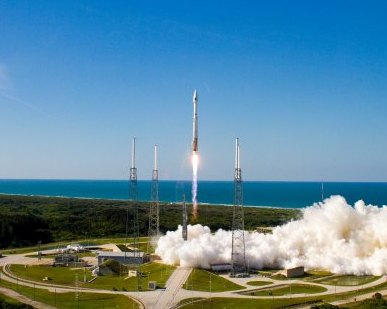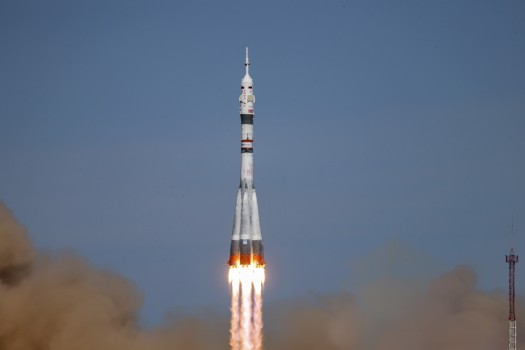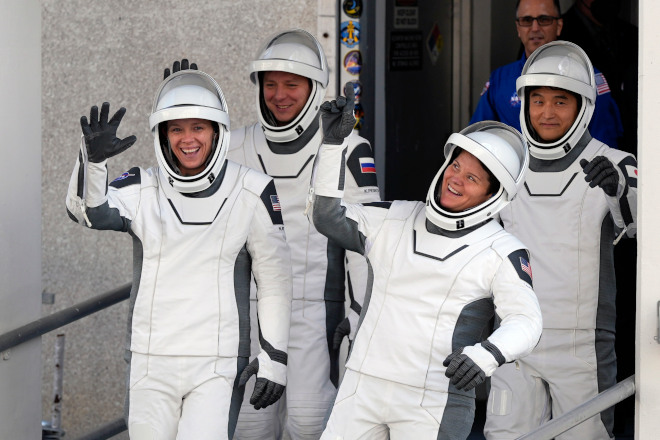
The new BE-4 rocket would not replace the Russian-made RD-180 rocket engine that ULA uses to power its Atlas V rocket (in photo); rather, two BE-4s would be used to power both Blue Origin's and ULA's next generation launch systems.
WASHINGTON (AFP): The aerospace company Blue Origin has struck a deal to build a US-made rocket engine that aims to eliminate reliance on Russian engines for American satellite launches.
Blue Origin owner Jeff Bezos, who founded Amazon.com and also owns the Washington Post, announced the deal in the US capital on Wednesday to jointly fund a new BE-4 rocket engine with the United Launch Alliance.
ULA is a joint venture of Boeing and Lockheed Martin.
"ULA has put a satellite into orbit almost every month for the past eight years - they're the most reliable launch provider in history and their record of success is astonishing," Bezos said.
"With the new ULA partnership, we're accelerating commercial development of the next great US-made rocket engine."
The deal allows for a four-year development process, with full-scale testing in 2016 and first flight in 2019, Blue Origin said in a statement.
The BE-4 would not replace the Russian-made RD-180 rocket engine that ULA uses to power its Atlas V rocket.
Rather, two BE-4s would be used to power both Blue Origin's and ULA's "next generation launch systems," it said.
The companies declined to say how much they were spending to develop and build the new rocket engine, which has already been three years in the making.
Another Internet entrepreneur and aerospace magnate, Elon Musk who runs SpaceX, has complained about US reliance on Russian-built engines for rocket launches.
In April, SpaceX also filed a legal challenge to the US Air Force's award of a major contract to ULA, saying it unfairly excluded other companies from competing for a share of national security satellite launches.
 Previous Article
Previous Article Next Article
Next Article













The Indian Air Force, in its flight trials evaluation report submitted before the Defence Ministry l..
view articleAn insight into the Medium Multi-Role Combat Aircraft competition...
view articleSky enthusiasts can now spot the International Space Station (ISS) commanded by Indian-American astr..
view article